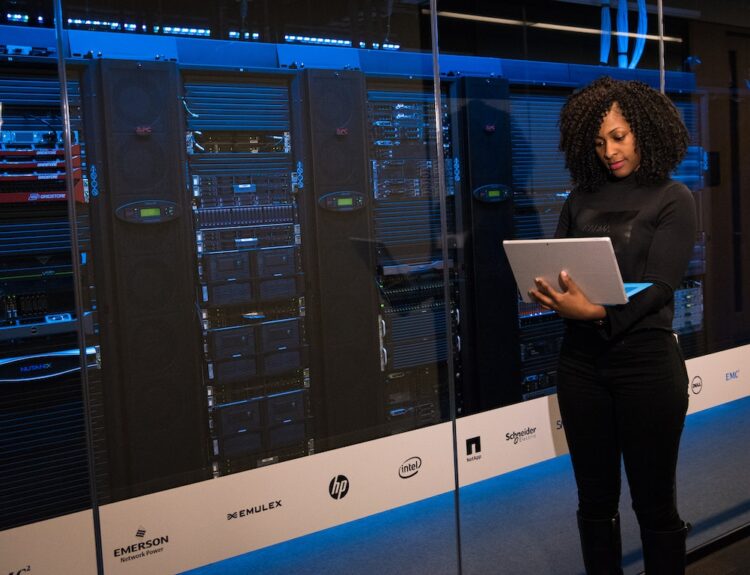In an era where technology is rapidly advancing, buying a refurbished or pre-owned laptop can be a budget-friendly way to score a high-quality device. Whether you’re upgrading your tech, need a device for school, or are looking for a secondary laptop, purchasing a refurbished model can offer great value. Here are essential tips to help you make an informed decision and secure the best deal.
Understand the Terminology
Firstly, it’s crucial to know the difference between ‘refurbished’ and ‘pre-owned’. Refurbished laptops have been returned to the manufacturer or seller for various reasons, then tested, repaired if necessary, and resold. Pre-owned, or used laptops, may not have undergone professional refurbishing. Generally, refurbished laptops come with a warranty or guarantee, providing a layer of security that pre-owned laptops may not offer.
Check the Source
Purchase your laptop from reputable sellers or certified refurbishers. Well-known electronics manufacturers often have their own refurbished sections, offering devices that meet strict refurbishment processes. Certified products come with a warranty, ensuring that any former issues have been addressed and the device is in good working condition.
Inspect Warranty and Return Policy
A solid warranty is a sign of the seller’s confidence in the product. Look for a minimum of a 90-day warranty—this should cover any immediate issues that might arise. Additionally, understanding the return policy is essential. Ensure you can return the laptop if it doesn’t meet your expectations or if you discover any hidden faults.
Assess Cosmetic Condition
While internal specs are crucial, don’t overlook the laptop’s external condition. Sellers often grade refurbished or pre-owned laptops based on their cosmetic appearance. These grades can range from ‘Like New’ to ‘Acceptable’, indicating the level of wear and tear. Decide what you’re comfortable with—sometimes, minor cosmetic blemishes can lead to significant savings.
Research Specifications Carefully
Determine your needs and match them with the laptop’s specifications. Pay attention to the processor speed, RAM, storage type and capacity, and battery life. These factors will significantly impact the laptop’s performance and suitability for your tasks. Remember, older models might not support the latest software updates or might have slower performance.
Read Reviews
Before finalizing your purchase, read reviews about the laptop model and the seller. Reviews can provide insight into potential issues or benefits that aren’t immediately apparent in the product description.






